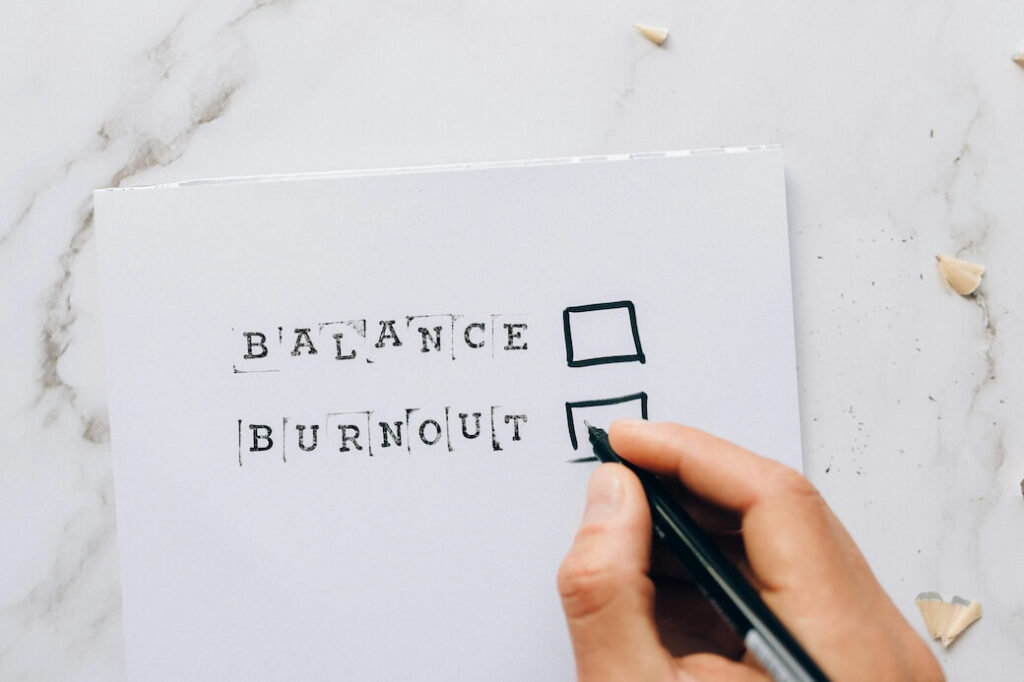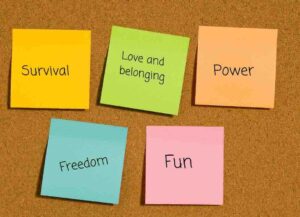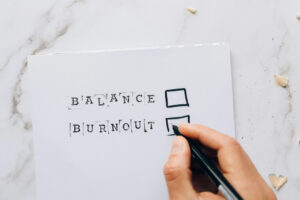
Johari Window: An Insight to Self
The Johari Window is a framework consisting of four quadrants: Open, Blind Spot, Hidden and Unknown. Developed by psychologists Joseph Luft and Harrington Ingham in 1955,


The Johari Window is a framework consisting of four quadrants: Open, Blind Spot, Hidden and Unknown. Developed by psychologists Joseph Luft and Harrington Ingham in 1955,

In transactional analysis, drivers are unconscious messages we had received from the adults in our lives and also society. Even in adulthood, they drive our

According to the late psychiatrist William Glasser, who developed Choice Theory and Reality Therapy, everything we do is driven by our attempt to meet our

As a counsellor, one of the things that excite me about psychotherapy is the amount of neuroscience research available now. Research on neuroplasticity has shown that our

I’ve worked with adults, teens, and children, and I believe that counselling has benefits no matter our stage of life. The common misconception is that

I read an article recently on a study in Singapore that looked into burnout across generations. The study found that Gen Zs in Singapore experience the highest